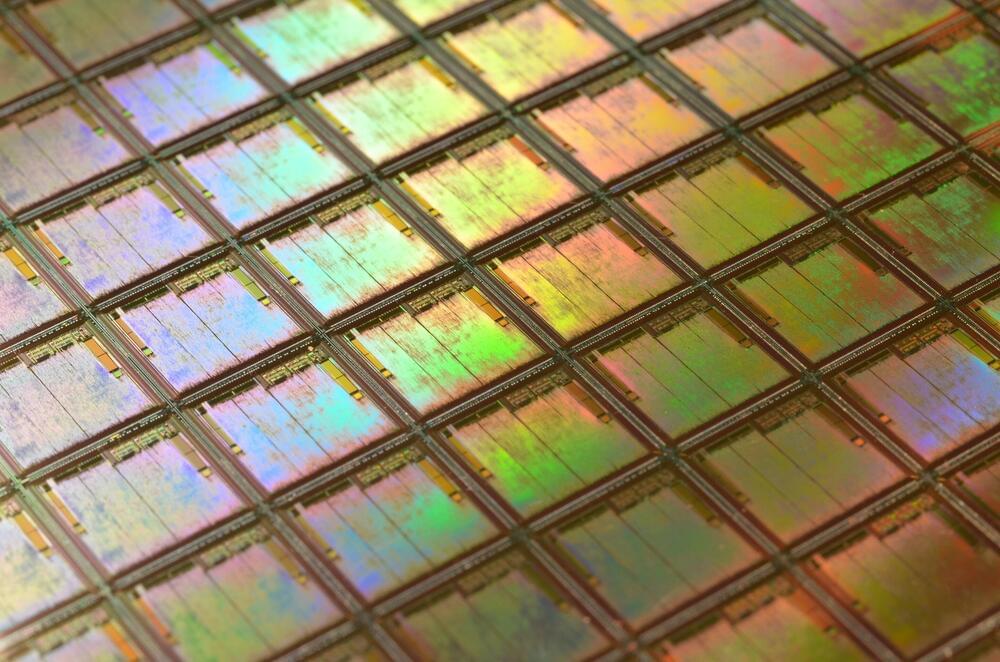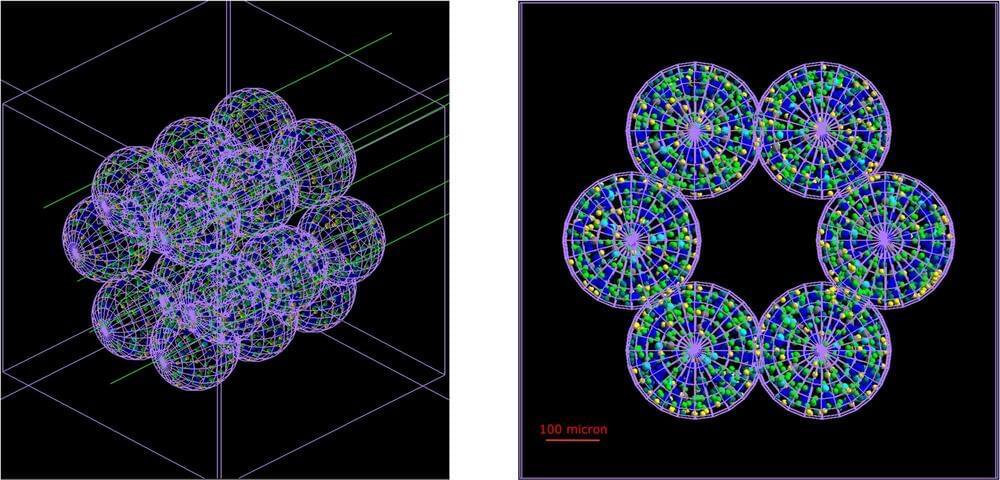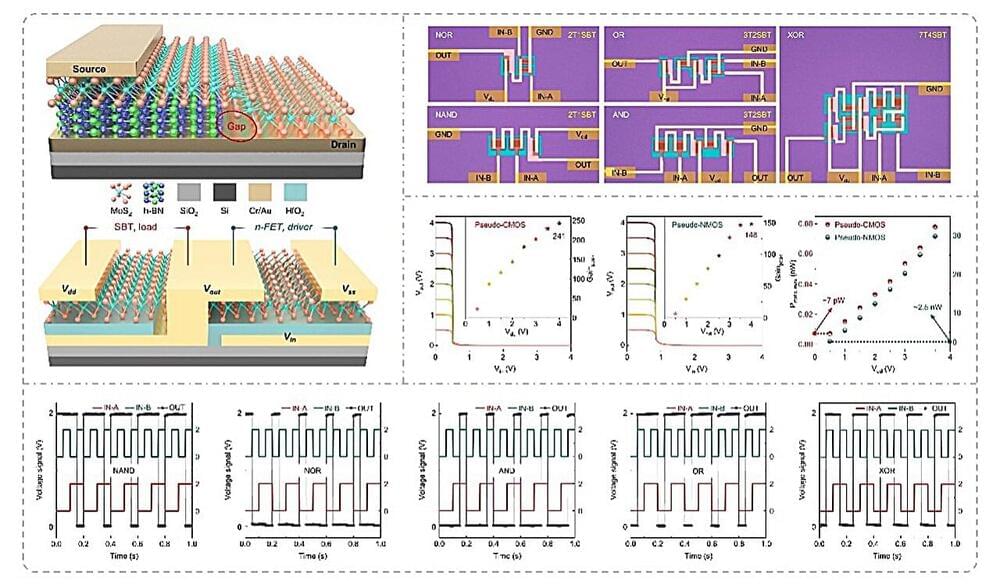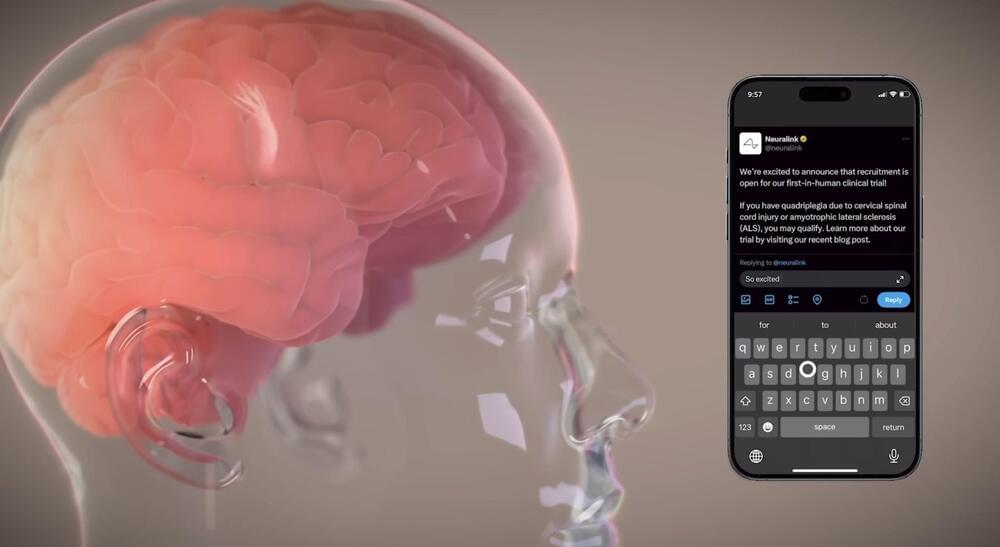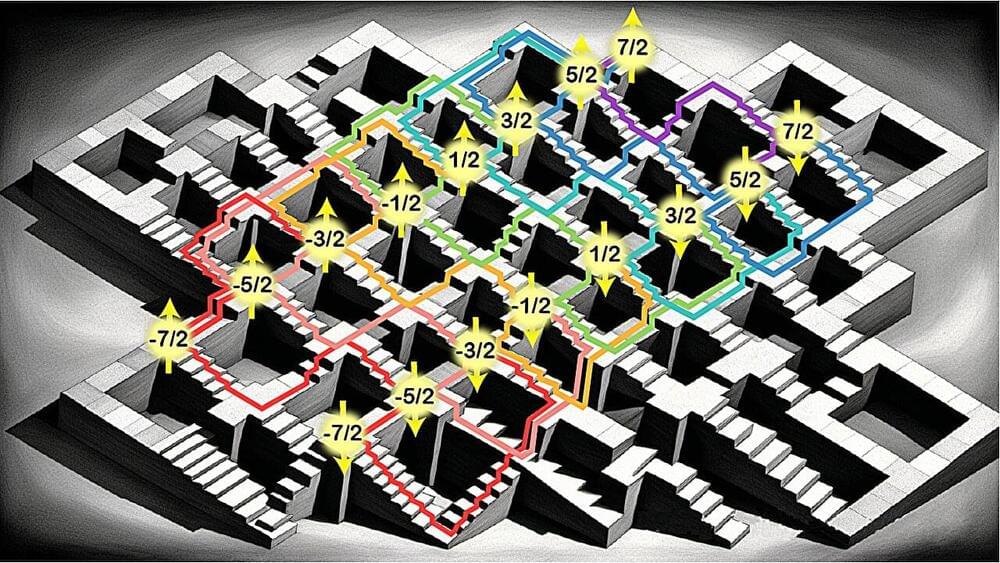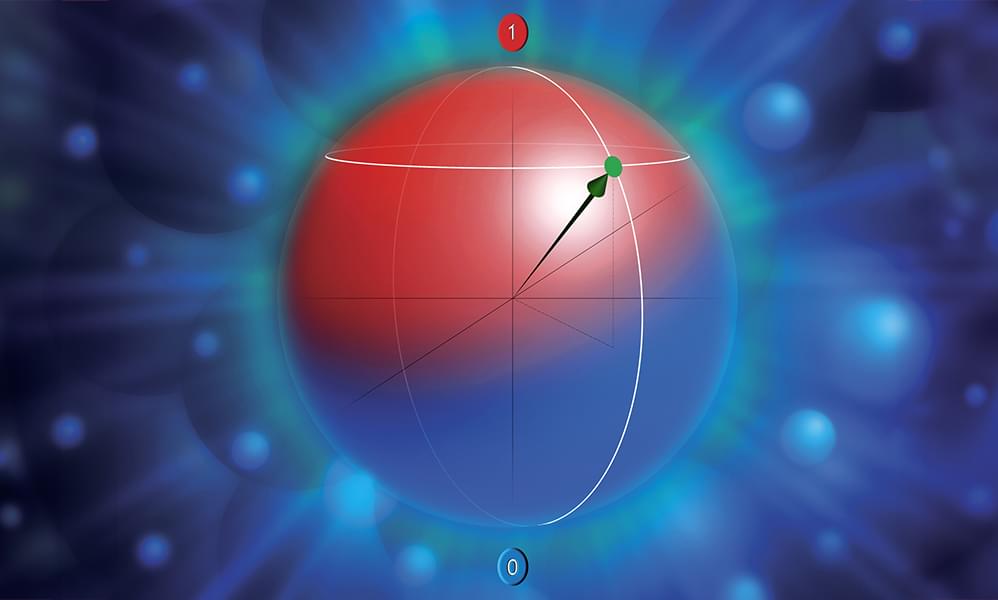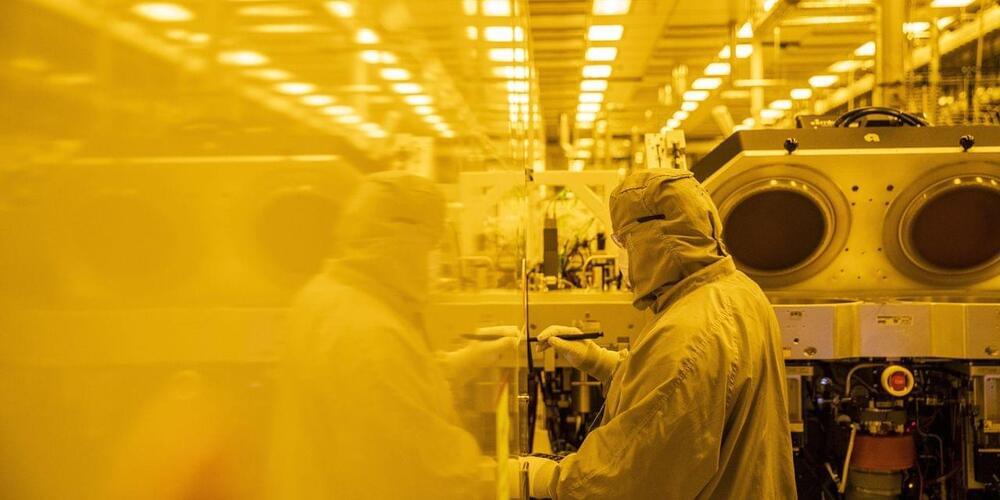Fashioned from the same element found in sand and covered by intricate patterns, microchips power smartphones, augment appliances and aid the operation of cars and airplanes.
Now, scientists at the U.S. Department of Energy’s (DOE) Princeton Plasma Physics Laboratory (PPPL) are developing computer simulation codes that will outperform current simulation techniques and aid the production of microchips using plasma, the electrically charged state of matter also used in fusion research.
These codes could help increase the efficiency of the manufacturing process and potentially stimulate the renaissance of the chip industry in the United States.
